7 Red Flags You Are Being Overcharged at Supermarket
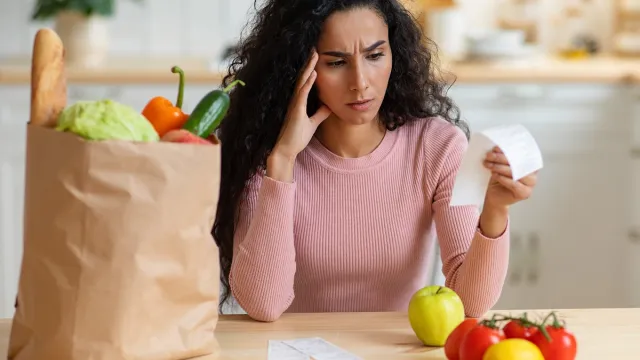
Food prices may no longer be climbing but many people are still struggling to afford their groceries—which makes stores overcharging for them even more egregious. Supermarkets and grocery stores overcharging for items is more common than you might think. Walmart recently agreed to a $45 million settlement for allegedly falsely inflating prices of sold-by-weight groceries. And in 2022, the state of Ohio sued Dollar General after auditors found overcharging error rates from 16.7% to a shocking 88.2% over 20 locations. So how can you prevent this from happening to you? Here are red flags and ways to protect yourself to keep in mind before heading to the store.
RELATED: 6 Ways to Save Big on Groceries at Kroger
1. Always Check Your Receipt
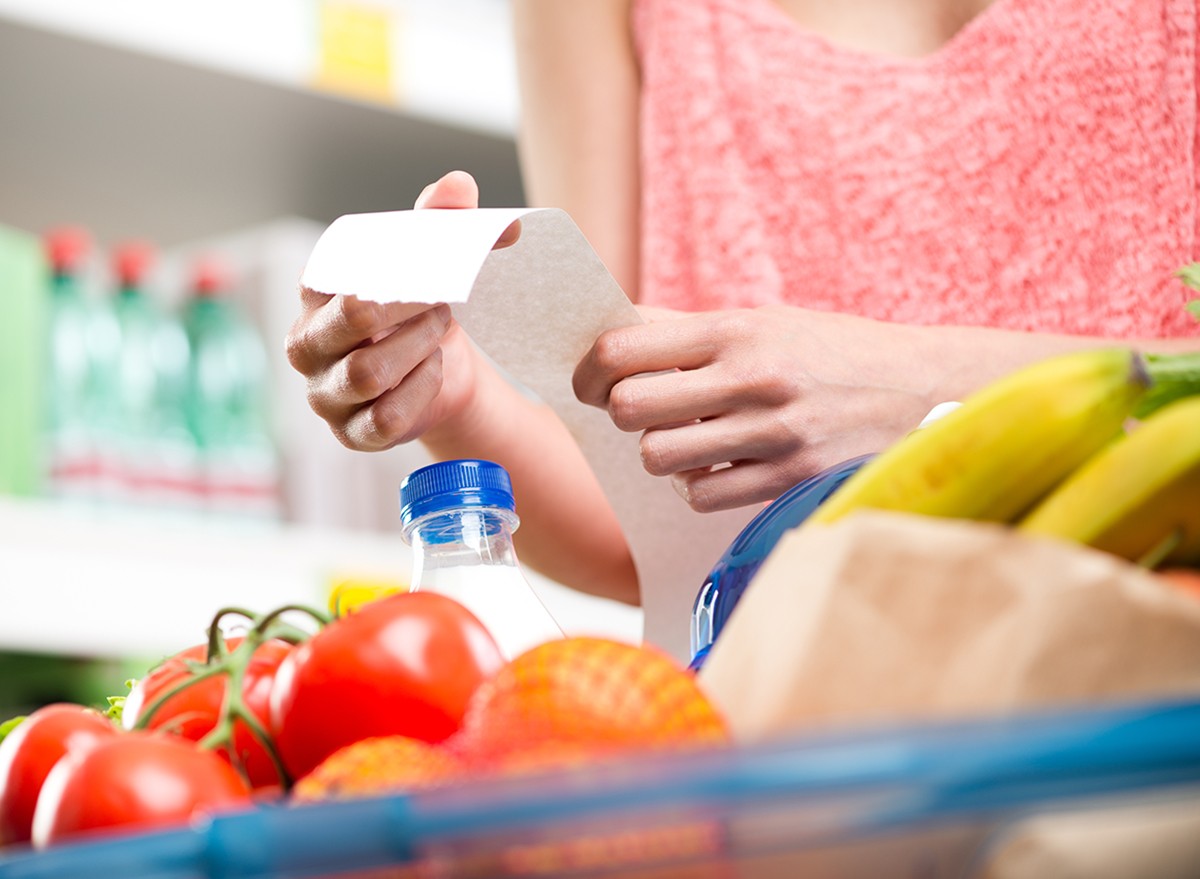
This one is the most obvious, but when was the last time you really looked at your supermarket receipt after shopping? Keep an eye on the scanner while your food is being scanned, and check the receipt after to make sure everything lines up. Remember, a lot of these charging errors come down to technology, not the person working behind the cash register.
2. Sale Items
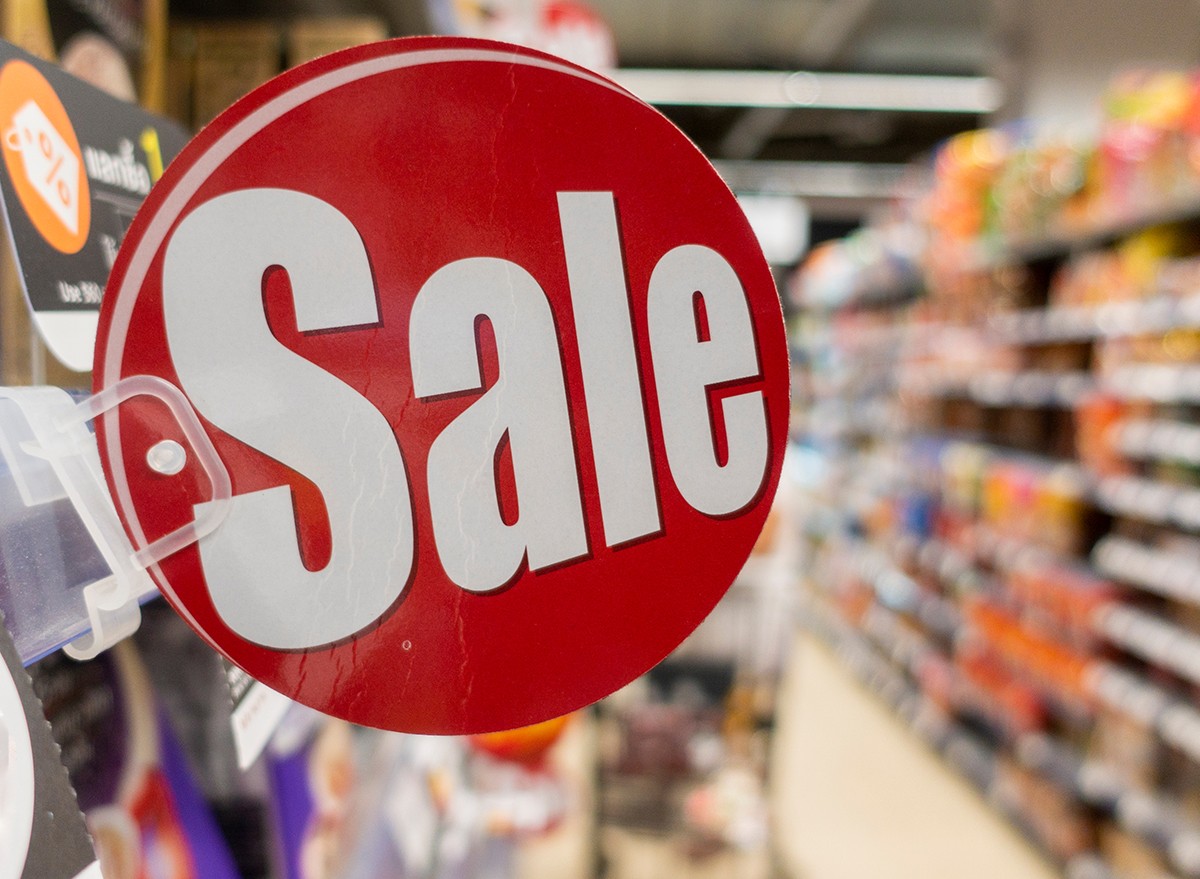
If you buy something on sale, make sure it actually is charged as a sale item. “We assume that a store scanner will charge us the current price, even for sale items,” says Los Angeles County Consumer & Business Affairs (DCBA). “That’s true in most cases, but we need to remember that scanners are simply computers and as we all know, computers are only as accurate as the prices programmed into them. If a store forgets to program a sale price, customers will be overcharged. For this reason, it’s important to pay attention to the prices you’re charged at the checkout.”
3. Receipt Doesn’t Check Out

If you know you’ve been overcharged, deal with the situation immediately. “If you are charged more than the advertised, posted or quoted a price, report it to the sales clerk right away,” says DCBA. “If the sales clerk can’t help, speak to the manager. By law, you are entitled to the lowest advertised, posted or quoted price offered by the store. Stores must honor a posted price, even if the price has expired.”
4. Where Is the Price
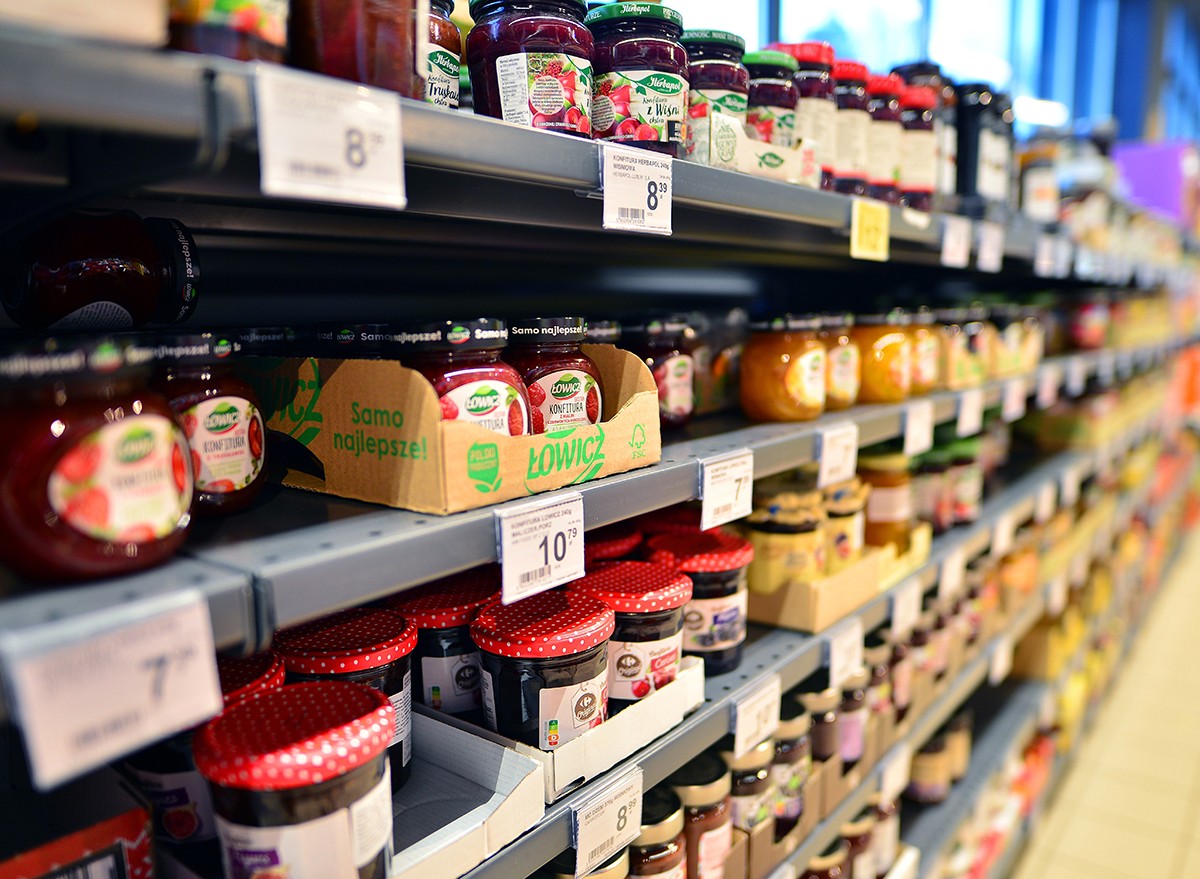
If you don’t see prices directly on the item or label be careful. “There are some exceptions to this rule, including tobacco, bulk food, eggs, fresh produce, milk and items on sale for seven days or fewer,” says the DCA. “The unit price – meaning the cost per pound, pint or other unit of measure – must be listed on the shelf near most products.”
5. Be Vigilant

Even stores with a good reputation can make errors—expect mistakes to be made. “Try your best to remember what the prices are and pay attention because chances are, even at stores that pass, we have one or two items that are wrong,” says Jerry Butler from the North Carolina Department of Agriculture. “So chances are, if you pick up 50 items, you’re going to have one or two of them wrong.”
6. Is the Scale At Zero?
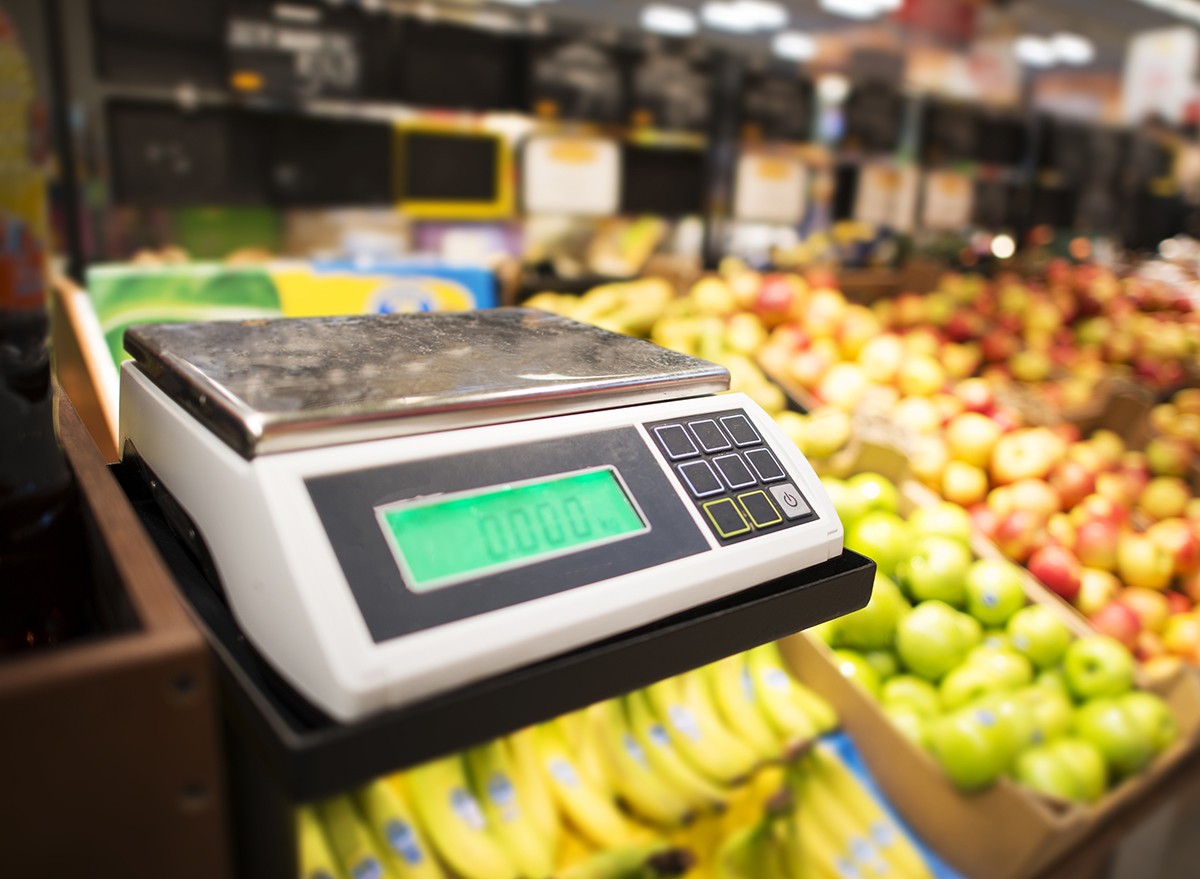
Use the scales in the produce aisle before heading to the checkout. This way you will know if one or the other might be faulty. If there are no scales to be seen, that’s a big red flag. Make sure the scale is set to zero.
7. Are the Scales Working?
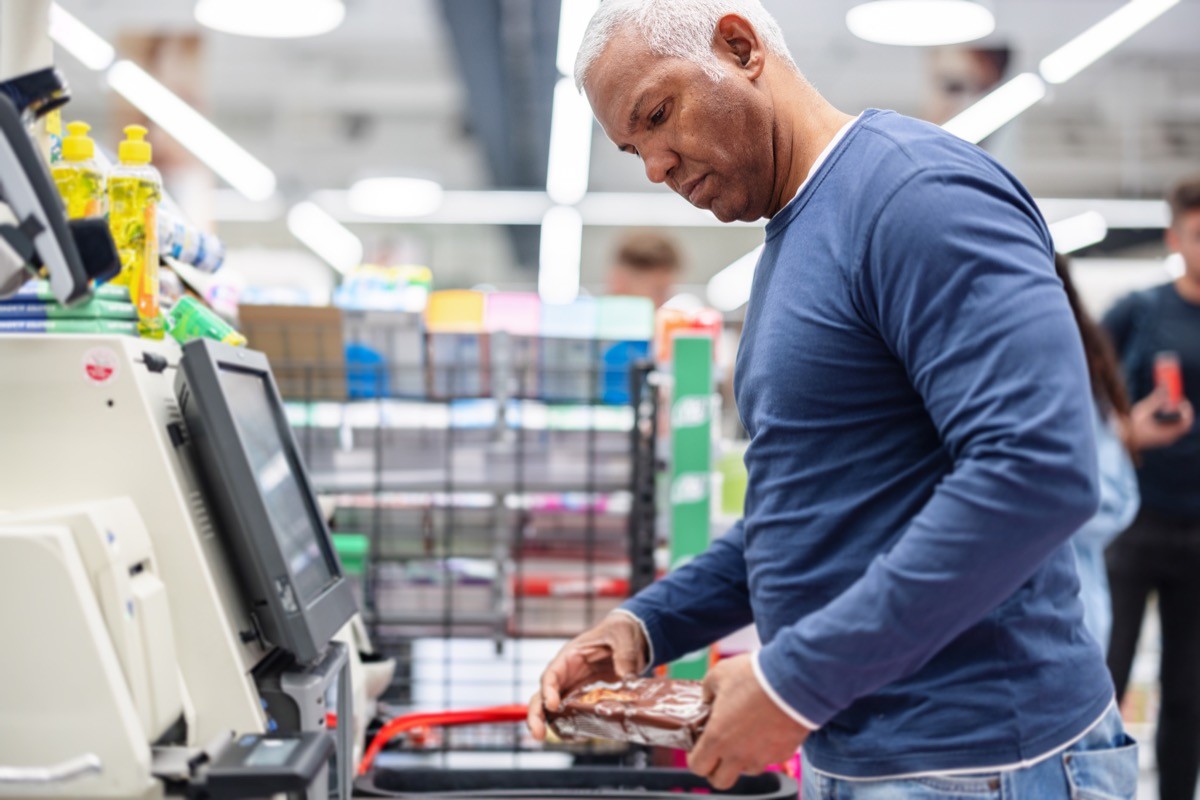
Don’t forget to pay attention when going through the self-checkout. Marin County officials recommend checking the edges of the scale to make sure they aren’t rubbing against the machine, as this may cause an incorrect reading.